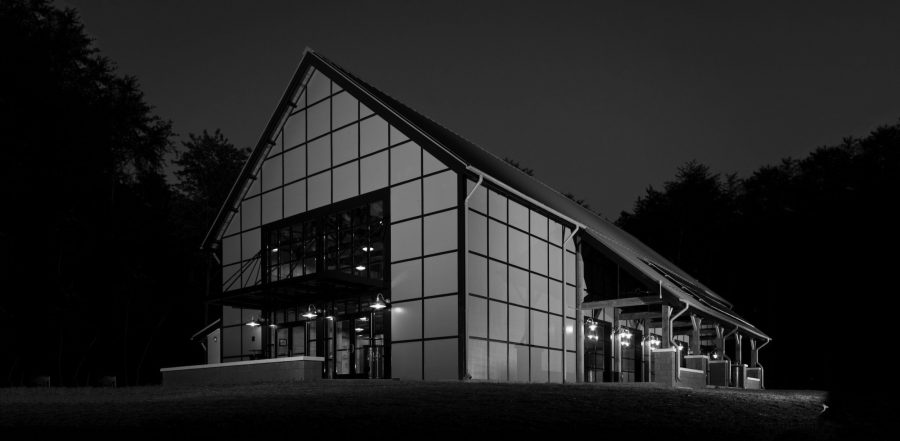In the wake of the shooting death of Winston-Salem State University student Najee Ali Baker on Jan. 20 at the Barn, Wake Forest’s Campus Life division conducted a review of event management policies. This review led to the decision earlier this semester to suspend social events hosted by student organizations in the Barn until the best future use for the facility is determined.
“Student leaders were engaged over the spring semester as part of the Event Planning Protocol Committee to review potential changes to late night events,” said Timothy Wilkinson, the Associate Dean for Student Engagement. “Throughout the summer, multiple groups were engaged in a comprehensive review of the incident in January, as well as a risk assessment of late night events hosted by student organizations. Many of the recommendations that came from this group will be included in final event planning recommendations.”
Though student organization-sponsored social events may not be hosted at the Barn, the Sutton Center was named as an alternative site for hosting events, including late-night events.
“This change is in line with students’ long-stated desire to transform the Center for Wellbeing into ‘more than a gym,’” said Penny Rue, Vice President for Campus Life, in a statement shared with student organization leaders. “Our goal is to make the Wake Forest Center for Wellbeing a nexus of student community and involvement.”
Late-night events at other locations, including fraternity lounges, will continue to be permitted, though all event-hosting practices have been and will continue to be scrutinized.
“Event protocols in both the Sutton Center and lounges are being reviewed to ensure that the event processes have been thoroughly examined,” Wilkinson said in an email. “Recommendations for revised event processes in the Sutton Center and lounge events will center on increased interactions with professional event support staff, enhanced training for student groups and clearer expectations for pre-event planning.”
The Wake Forest website describes the Barn, which opened in 2011, as a “student-centered social space” prepared to host “parties, concerts, kickoff dinners, variety shows, speakers and holiday celebrations.”
The tragedy in January highlighted gaps in the security of student-hosted events and in the University’s ability to respond to a campus-wide threat within an appropriate amount of time.
Specifically, the Wake Alert system failed to notify students of the active-shooter situation until nearly an hour had passed.
In an email to the Wake Forest community on Jan. 23, President Nathan O. Hatch acknowledged that “the time that elapsed between the shooting and the initial notification to the campus community was too long.”
In 2014, WFUPD faced allegations of racially biased policing, and at the behest of a third-party consulting group, the WFU Police Accountability Task Force (PATF) was formed to oversee and to implement recommended policy changes. One of the changes included a decrease in physical police presence at Barn events in favor of alternative security measures.
In September 2014, the mandatory security presence at events included three university police officers, six Winston-Salem police officers and seven outsourced event security guards.
Beginning in January 2015, the security presence requirement decreased to one WFUPD Officer, five outsourced security guards, five student Event Resource Managers and zero Winston-Salem police officers.
The PATF report cited “decreased cost of events held at the Barn [and a] more welcoming environment for event sponsors and their guests” as the “key outcome” of their policy changes.
The Old Gold & Black reported in January that security on the night of the shooting met the reduced security requirements listed in the PATF report. The future of the Barn as a student social space remains uncertain, as the possibility of its reintegration into the list of approved student-sponsored event venues has not yet been entirely foreclosed by the administration.
“Campus Life staff will meet with student organizations most affected by moving social events away from the Barn to discuss how the Sutton Center and other venues can meet the needs of their organizations,” Rue said. “We will communicate other outcomes of the event management evaluation as conversations with student leaders and other decision makers lead to final decisions.”
















